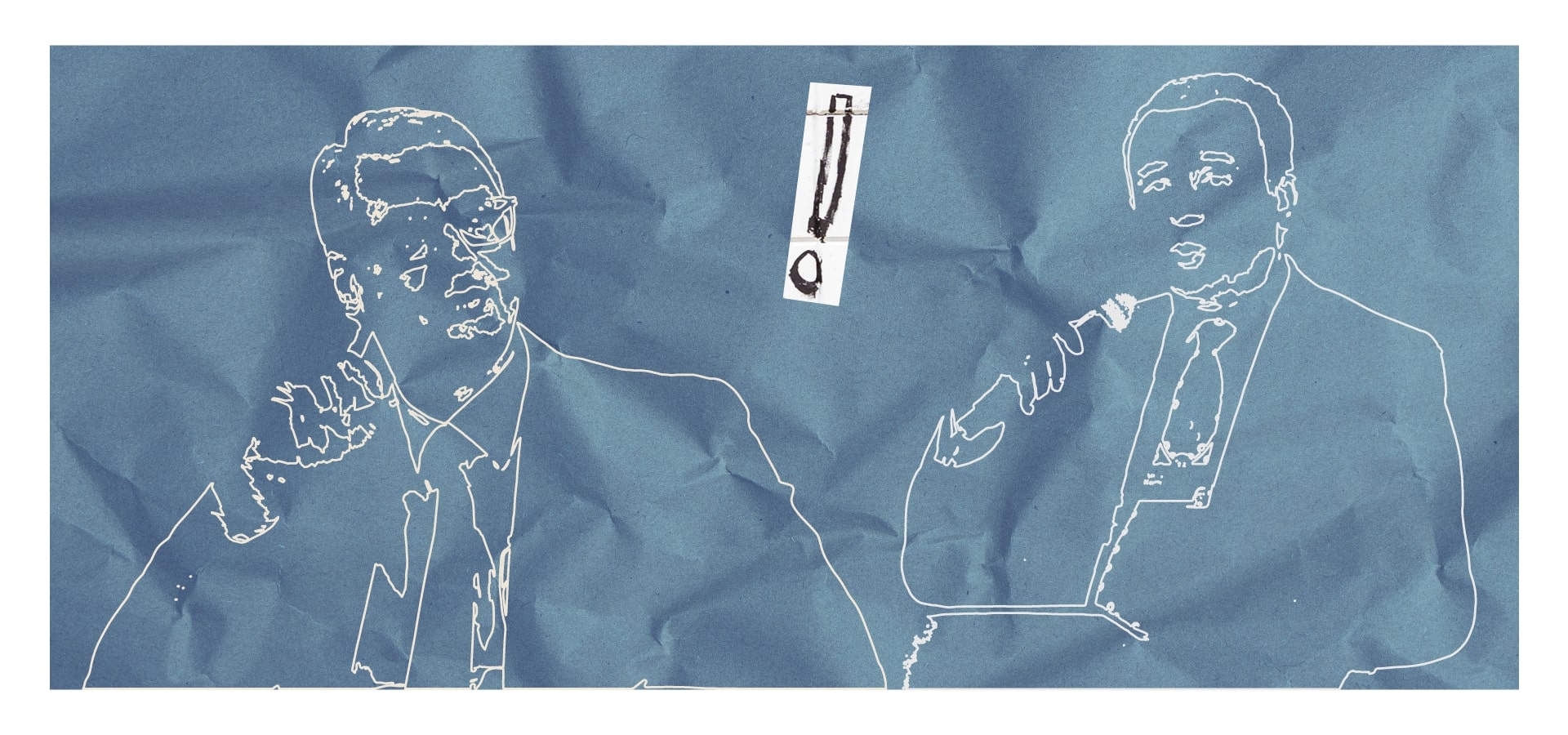
Are Kosovo and Serbia in a cold war?
The war-mongering and victim narratives leave Kosovo and Serbia behind.
|24.05.2024
|

Violeta Oroshi
Violeta Oroshi Berishaj has worked for many media outlets, including Deutsche Welle Radio and BBC Radio. She was the editor of the Kosovo office of the French Agency AIM. She is currently a correspondent for Radio WDR in Cologne and collaborates with civil society organizations in Kosovo. She is an associate of K2.0 working on media monitoring on hate speech.
DISCLAIMERThe views of the writer do not necessarily reflect the views of Kosovo 2.0.
This story was originally written in Albanian.